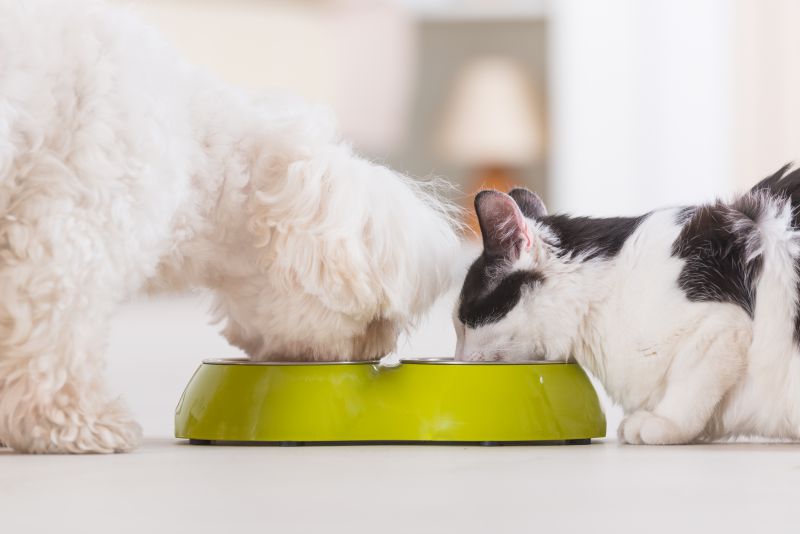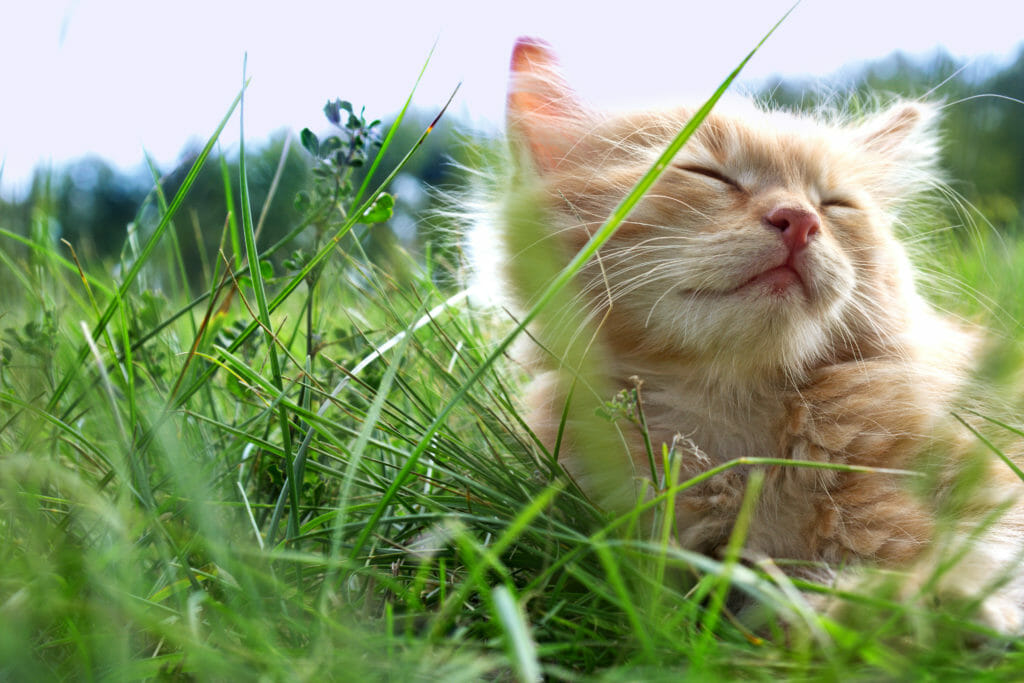With all of the foods out there and all of the trends in human diet, it’s hard to know what is true and what is false. With the help of our friends from Purina, here is a list of nutrition myths that you may not have known about:
When it comes to pet food, “natural”, “organic” and “holistic” are the same.
Natural and organic do not mean the same thing – As per AAFCO standards natural means “a feed or ingredient derived solely from plant, animal or mined sources that have not been produced by a chemically synthetic process.” Organic crops must be grown on land free from pesticides for three years.
Not all foods labeled organic contain only organic ingredients – Look for the “Canada Organic” logo as proof of a certified organic food. This means that at least 95% of the ingredients are organic. Anything with 70-90% can make label claims and anything under 70% can include “organic” on their ingredients list.
Holistic – this is a vague term that can have many meanings – when it comes to pet food “holistic” is not defined or regulated by any regulatory body. This is typically used for marketing as humans often seek holistic medicine, care, or supplements; therefore we will seek out similar items in our pet food.
Pet foods should be grain-free/Gluten-free diets are healthier
Grains supply energy for your pets – cells use carbohydrates as their primary energy source. The nervous system also requires carbohydrate glucose to support normal functions. Grains also supply fibre which is needed to support GI health. If carbs aren’t available then dietary protein is diverted away from its most important function – protein synthesis – to create glucose. If carbs are available then the body can use dietary protein to build and maintain muscle and tissue.
GI problems associated with gluten are rare in dogs, and are primarily reported in Irish Setters. When your pet has celiac disease, they are reacting to the proteins (gluten) in wheat, rye, and barley. The protein in corn gluten does not cause GI problems, even in individuals with celiac disease. Gluten is actually an excellent source of high-quality protein. It is highly digestible and provides essential amino acids that form the building blocks for protein.
At the end of the day, your best option is to speak to your veterinarian about what’s best for your pet. Our vets at Dartmouth Veterinary Hospital will not automatically attempt to change you over to a vet level food, especially if your pet is doing well on what they are eating, but it’s good for your vet to know what they are eating and what is going into their food in case they develop allergies or diarrhea in the future. Stay tuned for raw food, by-products, and corn myths!
Written by Blair Lutes




